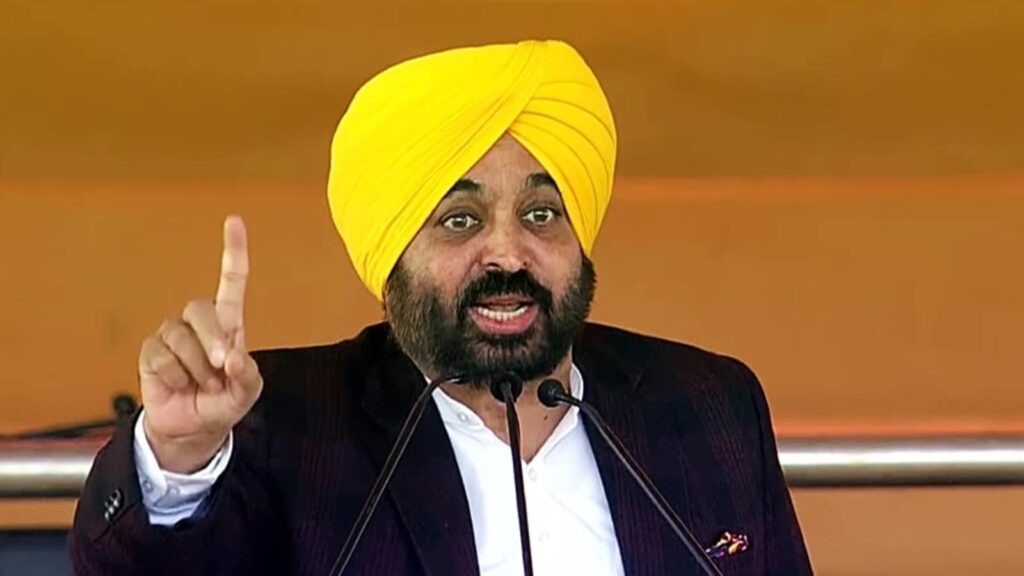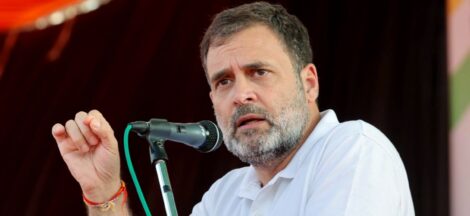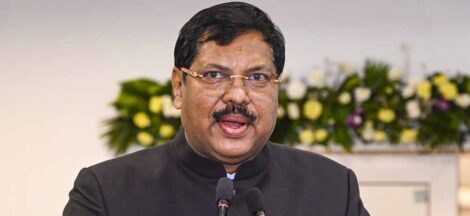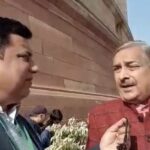Punjab Chief Minister Bhagwant Mann will not attend the Niti Aayog meeting scheduled for July 27, chaired by Prime Minister Narendra Modi. The Aam Aadmi Party (AAP)-led Punjab government has declared its decision to refrain from participating in this high-profile event, citing its solidarity with the INDIA bloc.
The move underscores a growing rift between the Punjab government and the central administration. The AAP, which governs Punjab, has expressed dissatisfaction with various central policies and actions, contributing to heightened tensions between state and central authorities. By boycotting the Niti Aayog meeting, the Punjab government aims to make a political statement and emphasize its alignment with the broader opposition coalition.
The Niti Aayog, the government’s premier policy think tank, convenes regular meetings with Chief Ministers to discuss national development strategies and regional cooperation. The absence of Punjab’s Chief Minister from this meeting highlights the escalating discord between the AAP-led state government and the central government led by the Bharatiya Janata Party (BJP).
This decision reflects ongoing disputes over several key issues. Punjab has had strained interactions with the central government concerning agricultural policies, economic development, and local governance matters. The AAP-led government has been vocal in its criticism of the central administration’s approach to these issues, further straining their working relationship.
The INDIA bloc, an alliance of opposition parties, has been critical of the central government’s policies and practices. Punjab’s refusal to participate in the Niti Aayog meeting is seen as an act of support for this coalition, signaling a united front against the current ruling party. This move could also be interpreted as a strategic positioning ahead of upcoming national elections, where alliances and opposition strategies will play a crucial role.
Political analysts view this development as a reflection of the broader national political climate, where state-central relationships are increasingly characterized by conflict and negotiation. The boycott could impact collaborative efforts on various national projects and might influence how regional issues are addressed in future policy discussions.
The AAP’s decision aligns with its broader political strategy to differentiate itself from the central government and reinforce its commitment to the INDIA bloc’s objectives. As political dynamics continue to evolve, the impact of this boycott on both Punjab’s state governance and national policy discussions will likely become more evident.
This latest move by the Punjab government adds another layer to the complex political landscape in India, characterized by shifting alliances and growing discord between state and central governments. The outcome of the Niti Aayog meeting will proceed without the participation of Punjab’s Chief Minister, setting a precedent for how political disagreements may influence institutional engagements in the future.




 Pramod Tiwari Defends Kharge’s ‘Mataji’ Remark
Pramod Tiwari Defends Kharge’s ‘Mataji’ Remark 